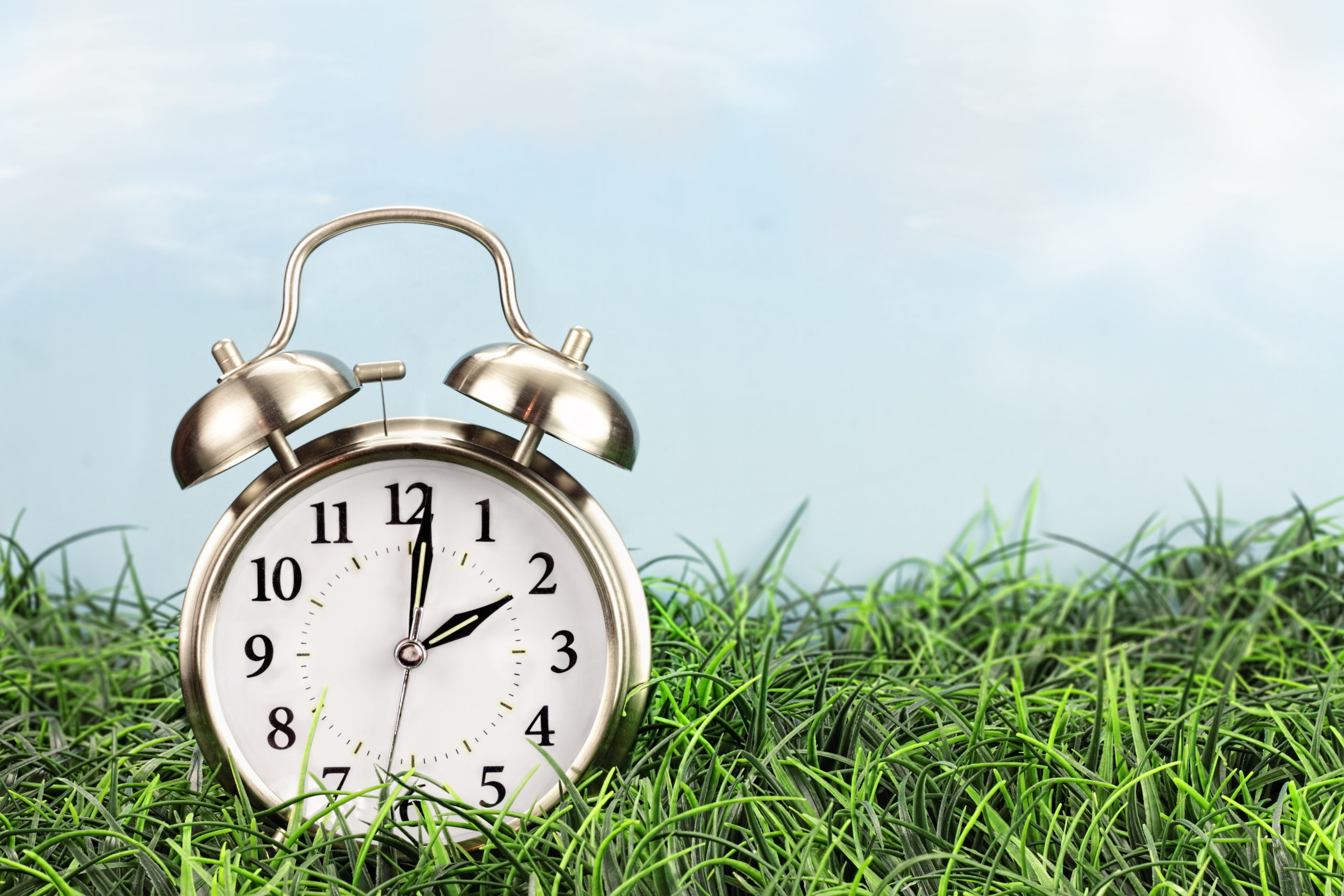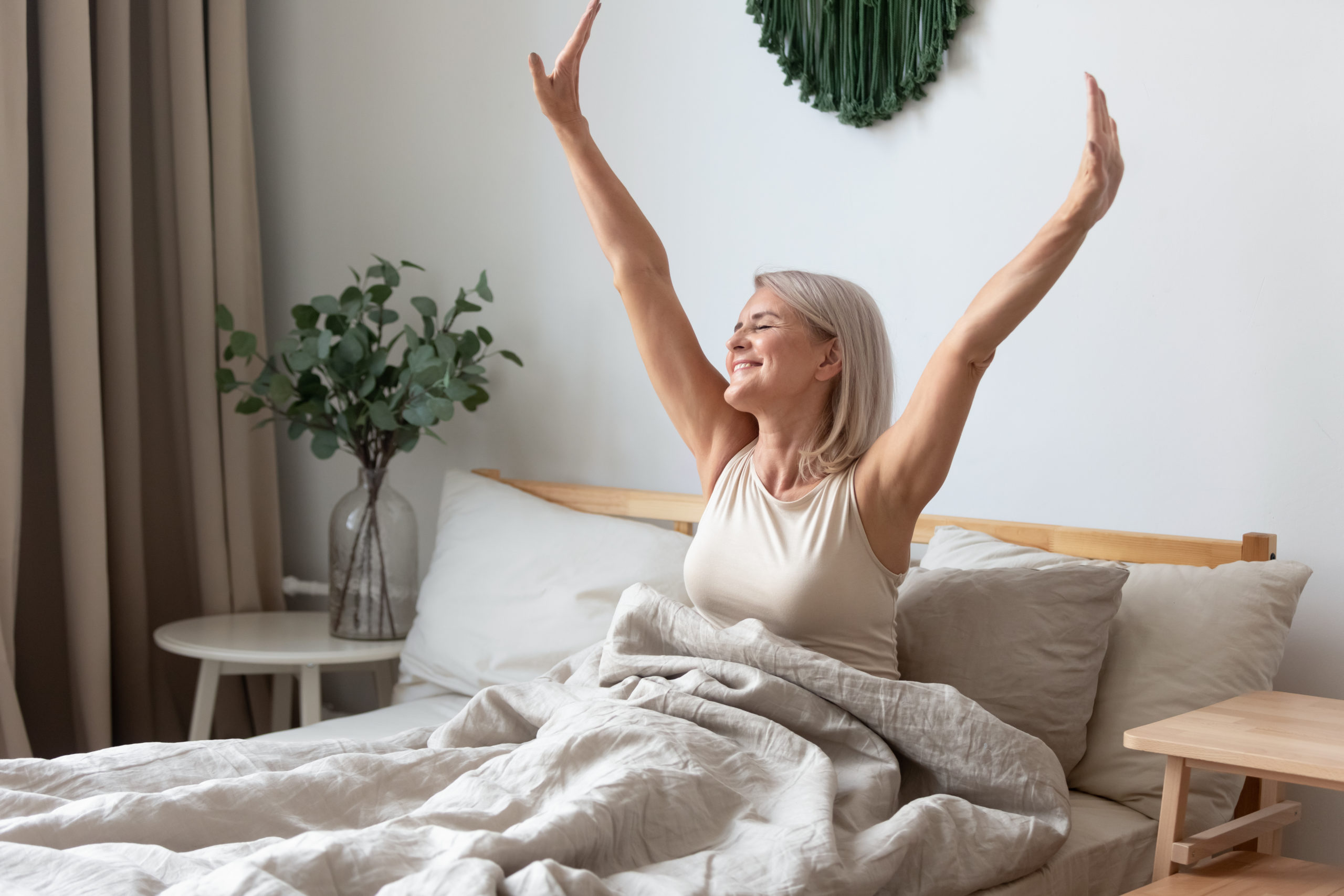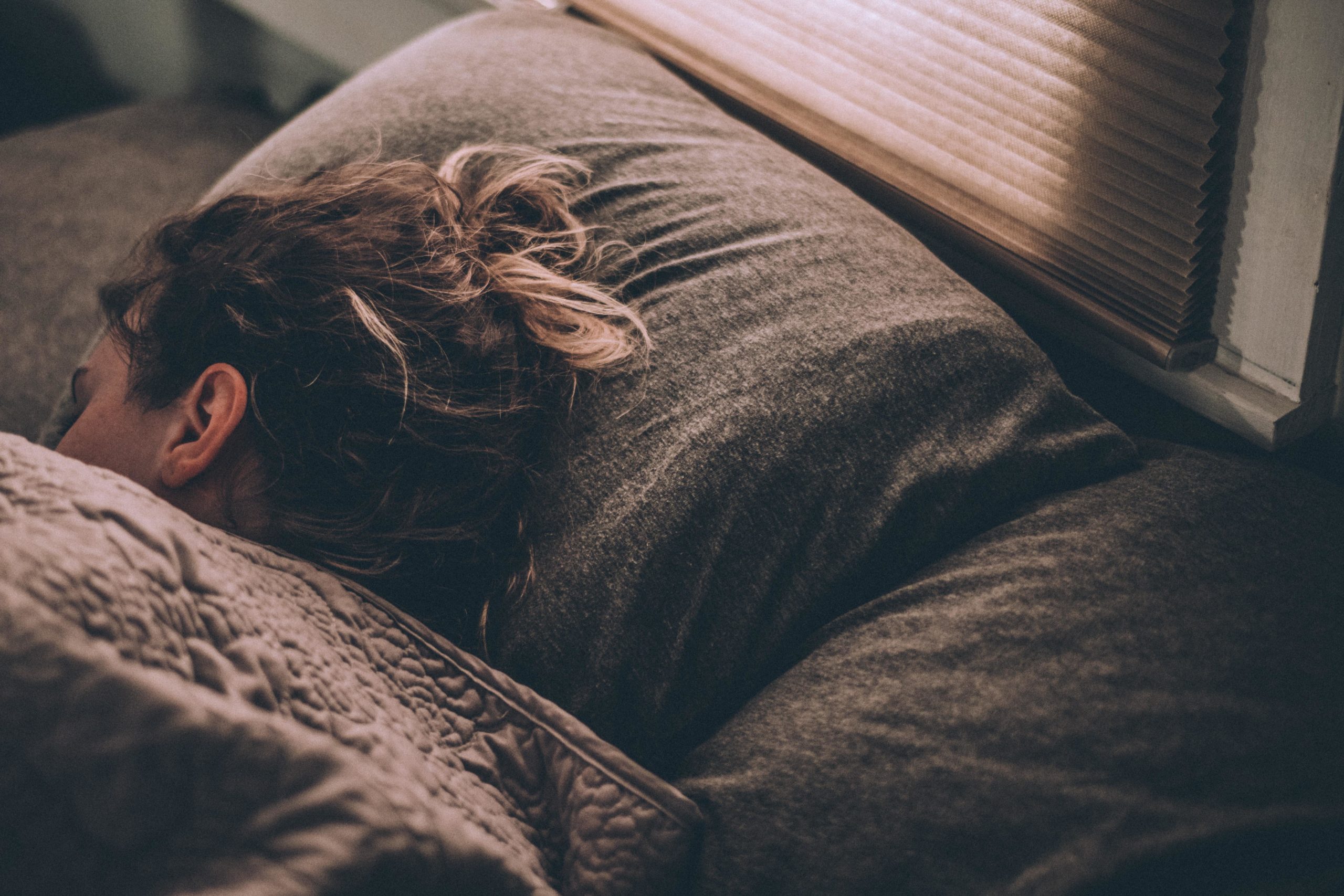
Beat Fatigue Now! Tips for Better Sleep After Daylight Savings
Daylight Savings Time can be a great opportunity to make the most of our daylight hours, but it can also have an unexpected impact on

Daylight Savings Time can be a great opportunity to make the most of our daylight hours, but it can also have an unexpected impact on

Are you having trouble falling asleep? You’re not alone. It’s estimated that nearly one-third of Americans don’t get enough sleep, and many turn to sleeping

Millions of people suffer from insomnia and other sleep-related problems each year. While there are many medications available to help people sleep, some people prefer

Shift work is a job that requires you to work at times when most people are sleeping. This can be difficult on your physical health,

Research shows that more than two-thirds (70%) of American adults obtain insufficient sleep at least once a month. More than 10% of adults say that they experience

Sleep is one of the most important aspects of staying healthy. The brain uses sleep as a way to recharge and refresh itself each night.

Are you having trouble sleeping lately and are looking for a sleep aid that will help you catch those necessary Zzz’s? This can be extremely

Sleep has a direct impact on mental health. Insomnia, for instance, can contribute to the development of mental health conditions like depression and anxiety. Moreover,

Getting enough rest is in short supply for most people, especially those juggling busy lives of families, careers, school and personal interests. For some, no

Have you ever found yourself waiting for sleep but feeling wide awake? You may even feel tired but can’t manage to fall asleep. You’re not


